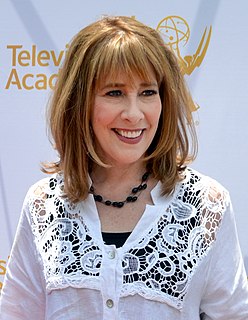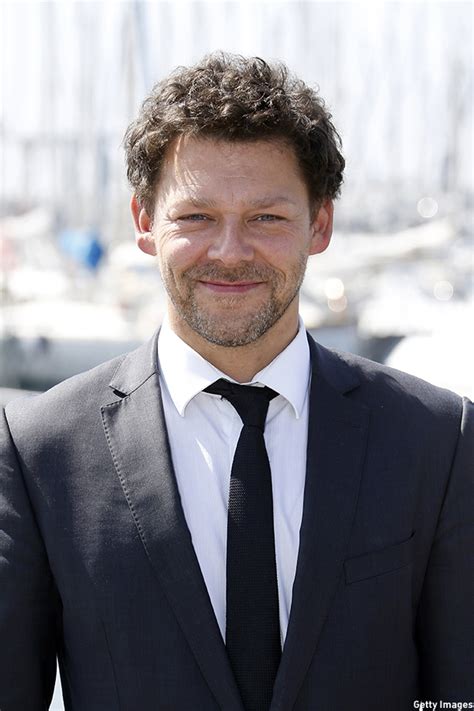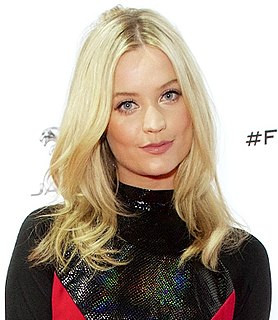A Quote by Aidan Gallagher
When I key into the character of Five, I'm generally drawing upon a mental state - not so much thinking about the 58-year-old side of him, just the way he reacts to things.
Related Quotes
As the population is, in general, aging, there is more interest in what a 50-year-old, a 60-year-old, a 70-year-old, an 80-year-old is like. And one of the things that just naturally started to happen as I got older - and I could feel younger people looking up to me in a certain way and wanting to know things that I knew - I got interested in the women, in particular, who were 20 years older than me. Because I understand in a way that I didn't 20, 30 years ago, how much they know.
My 4-year-old son prays every night for his best friend who is the same age - our next door neighbor in Liberia, a little Liberian boy: 'Dear God, please don't let him get Ebola.' I'm proud of him for thinking about his friend and praying for him but that's not a prayer that a 4-year-old should have to consider.
Caesar [from the Rise of the Planet of the Apes] was brought up with human beings and because of the drug he had pretty much grown up with his whole life, he felt like an outsider, he felt trapped in an ape's body but he didn't really feel like an ape and that was my way into the character. So he's always had this duality playing him from an infant all the way to now as a fifty-five year old ape.
It's one thing to be sitting at a drawing board, alone in your home and coming up with a fantasy character, and drawing her whichever way you feel like drawing, then dealing with a real performer. All of a sudden, things change. It's amazing, in working with actors, how much I learn from them and how many new lines will come to mind because of their personality or their strengths.
I had never experienced anything like the response I got from people for Pirates of the Caribbean, where you meet a 75-year-old woman who had seen Pirates and somehow related to the character, and then five minutes later you meet a six-year-old who says, 'Oh, you're Captain Jack!' What a rush. What a gift. That was the challenge with Wonka, too--to be, in a sense, like Bugs Bunny. I find it magical that a three-year-old can be mesmerized by Bugs, but so can a 40-year-old or an 80-year-old. It's a great challenge to see if you can appeal to that huge an age range.
I told my friend - we were working on a movie together - and he gave me a script and asked me to give him notes. And they were all male characters, and I said, "You know what would make this character more interesting?" And he asked what - and it's this road trip between three guys, basically, one older man, one 30-year-old and a 13-year-old mechanic. And I said, "If you make the 13-year-old a girl, and you make her an Indian-American mechanic." And he said, "What do you mean?" And I said, "Yeah, don't change anything in the script about him, and just make it a her."
I never like to judge the character. I just have to leave my feelings of pity, or fear, about a character - whatever I feel towards the character, I try to leave to one side. It's good to have them, but it doesn't help me. I can't act those things. I just to play the character as truthfully as I can.

































